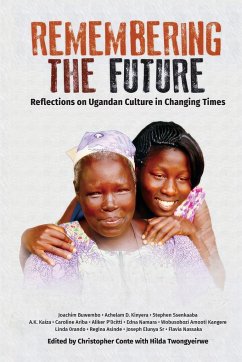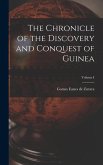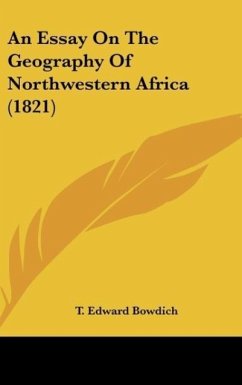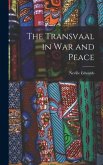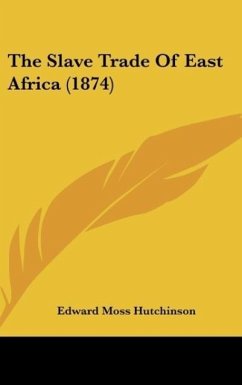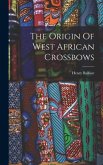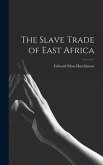Get ready for a rich, surprising and varied portrait of today's Africa. For more than a century, outside "experts" - colonial rulers, aid organizations, western media and world travelers - have labeled African society "underdeveloped" and declared African culture a barrier to "modernization." But now a group of Ugandan writers challenge this narrative. Examining their own lives and consulting with elders, the writers set out to rediscover the culture their ancestors built over millennia leading up to the interruptions of colonialism and, more recently, globalization. They find powerful echoes of earlier days -- and many surprises: A old woman in isolated hill country explains hidden levels of meaning in a bittersweet song young brides used to sing on their wedding days. An aging patriarch who leads his family by principles established generations ago, and offers a full-throated endorsement of women's liberation. The last in a line of powerful matriarchs shatters stereotypes of African women as submissive, in the process teacher her grandson a thing or two about manhood. The authors have no illusions. One traces the rise and tragic decline of a pastoralist tribe that resisted colonial rule but sees their way of life dying in post-colonial Uganda. Another assesses the corrupting influence of money on a society whose values and well-being were based on barter. Yet another tracks the decline in rural villages that were long the backbone of society. A woman describes a long spiritual struggle that ultimately led her to abandon her tribe's traditional beliefs, while a journalist explores how conflict between traditional healers and modern health providers has opened the door to medical quacks to undermine the health-care system. But amidst upheaval and confusion, the writers find much to keep spirits high. While some Ugandans struggle to preserve their nation's multi-lingual heritage, ghetto kids creatively spin out deliciously clever new slang at a stunning pace. A journalists collects stories of the ingenious ways taxi drivers and artisans adapted changing communications technologies to thwart colonial rulers and would-be post-colonial autocrats. And people of all stripes flock to movie houses to watch clever movies that mix folklore and modern martial arts to spoof old superstitions and recently-arrived foreigners alike. Meanwhile, you'll hear stories that explain the profound conversion of a majority of Ugandans from their traditional religion to Christianity, learn about the continuing appeal of clans as a basis for social organization, and meet a psychiatrist trained in western medicine who says today's doctors could learn much about patient care from his mother, a traditional healer. For these Ugandan writers, memories are not just about the past. In reviving bedrock values born in the distant past -- family, commitment to collective well-being, recognition of the role of character in personal lives and freedom -- they give hope for a better future.
Hinweis: Dieser Artikel kann nur an eine deutsche Lieferadresse ausgeliefert werden.
Hinweis: Dieser Artikel kann nur an eine deutsche Lieferadresse ausgeliefert werden.

